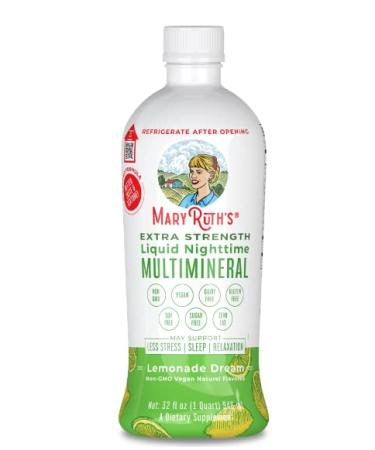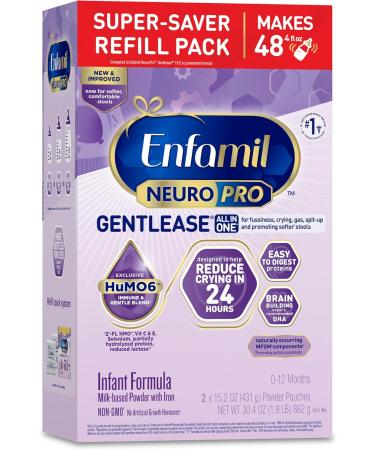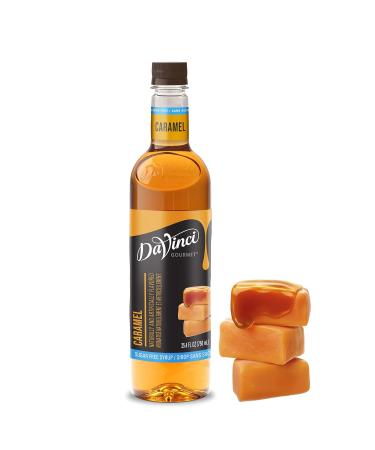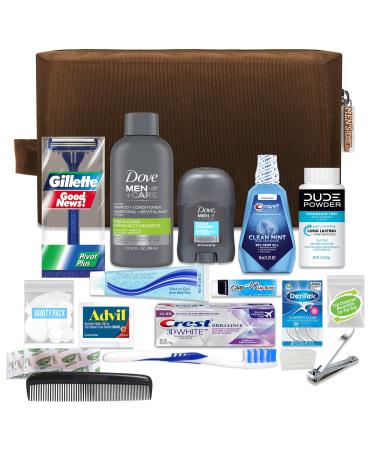Benefits of Thyme Honey
Thyme honey is a natural product obtained from the nectar of the thyme flower by bees.
You can consume thyme honey for breakfast, as a snack, or in desserts. You can also enjoy it by adding it to tea or coffee. It can also be used in skin care.
Can Babies Under 1 Year Old Eat Honey?
Many pediatricians and nutritionists do not recommend giving honey to babies before they turn 1 year old, but recommend waiting. Therefore, you should not give honey to your baby before they turn 1 year old.
The biggest risk of giving honey to babies under 1 year old is botulism. In general, babies 6 months and younger are more likely to contract this disease. Clostridium botulinum spores, found in honey and honey products, can be transmitted to babies through honey. These spores develop into bacteria that produce neurotoxins in the intestine.
It's best to consult your pediatrician before giving honey to your child.
Protect children from infectious diseases with honey
. It emphasizes that raw, unprocessed honey, which strengthens the immune system with vitamins, minerals, amino acids, and enzymes, is essential for children's nutrition and protection against illness, especially at breakfast.
A successful academic year requires children to be healthy. Many diseases are transmitted to children through close contact and respiratory contact during seasonal transitions. With the reopening of schools, children spend approximately eight hours a day together, and their risk of contracting infectious diseases increases due to close contact with their friends. Furthermore, children's sweating during recess and the lack of air in classrooms contribute to the proliferation of germs, leading to illness. Children, whose immune systems are weaker than those of adults, need to be carefully nourished to strengthen their immune system against illness. It's recommended that children eat one teaspoon of unprocessed raw honey every morning. It strengthens the immune system with the vitamins, minerals, enzymes, amino acids, and probiotics it contains, preventing viruses from entering the body.
Raw honey is natural honey offered for consumption as it comes from the hive it has not been pasteurized or filtered. Pasteurization, the process of heating honey to high temperatures, is not actually necessary. It is done to prevent honey from crystallizing. However, honey crystallization is natural and doesn't need to be prevented.
Pasteurization reduces some enzymes and valuable phenolic and flavonoid components in honey filtration reduces pollen content in honey.
Because our honey is not pasteurized or filtered, its nutritional content is preserved in all its natural form.
One point needs to be emphasized. Since raw honey is not heated to high temperatures and its pollen is not filtered, crystallization can occur naturally. Crystallization of honey is a completely natural phenomenon. There is no harm in consuming crystallized honey.
Since there is no problem with the nectar flow, no supplemental feeding is required. Only enough honey remains to harvest nectar in December and January. Therefore, there is no need to feed it to provide energy throughout the winter.













